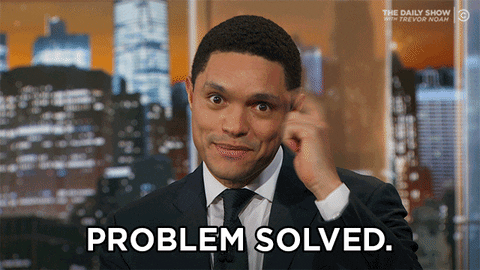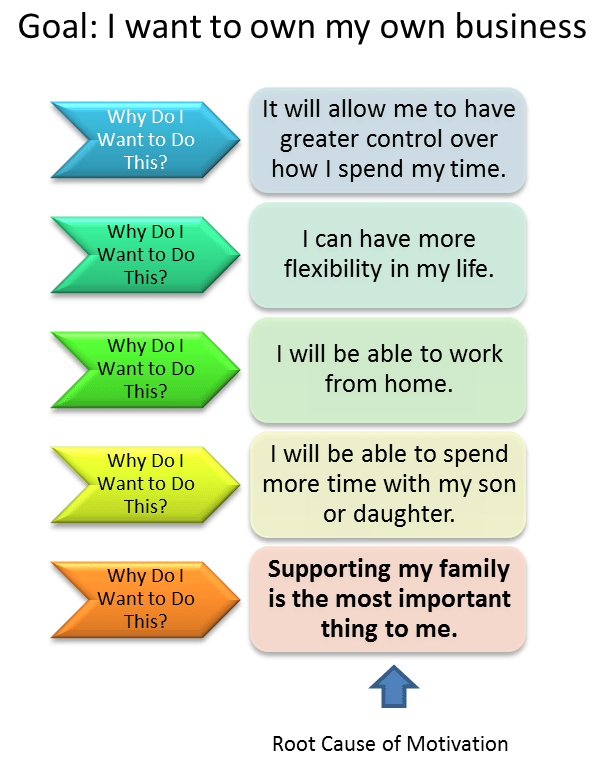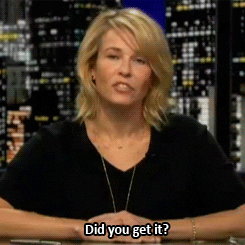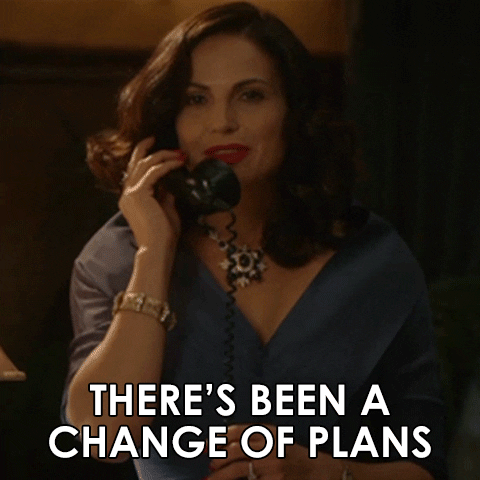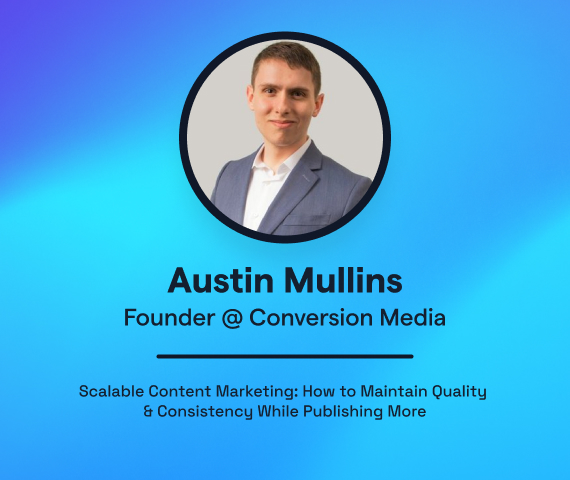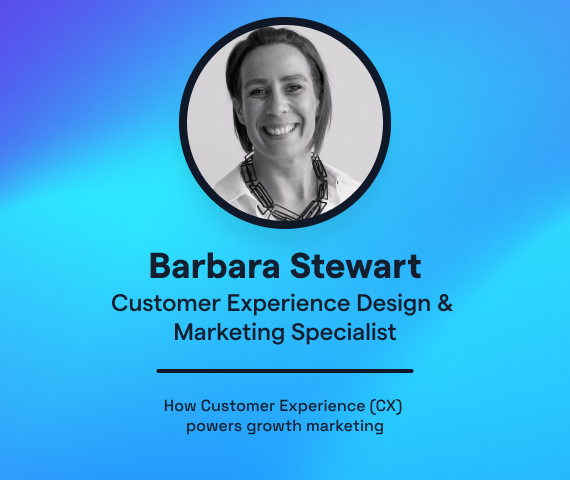The 3 Product Management philosophies that you can use in your personal life
Roughly one third of our life is spent at work, thus it is inevitable that we are affected, influenced and changed by it. But how can we put to good work all that professional bias? I share with you 3 philosophies that I recommend as a Product Manager, which I myself have used to make my life better.
Did it happen to you to be in a casual conversation with a person and realize that she/he was often inclined in using the same words and techniques they would use in their professional life?
I know I was. My father was a Major in the army and while at home he would not necessarily give strict orders, he would nonetheless use the same rigor, planning, punctuality, and rule systems that he was used to at work.
Teachers tend to lecture or correct, programmers tend to think and speak in algorithmic ways, etc.
We live a good part of our life in the world of our profession, so it’s only natural that it gets to influence how we think, speak and react.
Now, some of us might not realize they are biased in this kind of way unless someone else points out that fact to us. Some might be more self-aware and figure it out by themselves.
Regardless of how you get to find out that you think and act with the flavor of your practice, I think more important is to know how to use this bias to your advantage.
And while there were so many ways, philosophies, and techniques that I have experimented with during my Product Manager career, I have picked up only 3 to share with you. I would say the easiest ones for anyone to try to use them. They are also the ones I most use in my personal life since I know they give me the power to make my life better.
- Ask Why?
- Clarity is key
- MVP
PM philosophy #1 to use in Life – Ask WHY?
As a Product Manager, you are often involved in solving problems, customer problems, product design, planning problems, team problems, etc.
But more often than not, these problems urgently need a fix, and you don’t have the luxury of time and space (alone) to analyze them thoroughly.
Thus you are often forced to find solutions on the spot. But I have understood with time, maturity & experience in the field, that jumping to the solution first is the worst approach to solving a problem.
When you are under the pressure of time, the pressure of responsibility, and the expectations people have from you to give them all the answers (Now!), you might not think of all the possible causes, alternatives, or implications.
But someone was way smarter than me and thought about that a long time ago.
Did they invest the Product Managers with the power of WHY?
The tool that most PM books, articles, or courses talk about is the 5 Why method.
Instead of rushing to find a solution right away, we go deeper into the root cause of the problem, by successively asking Why?
And it might not be 5 that you need in your personal life, maybe 3 would suffice. But I have learned that asking: Why did this happen like this? Why do I feel like that? Why do I want so much this and that thing or experience? several times, successively, does not only bring me to a better understanding of what is my real problem that needs a fix, but also to a deeper self-awareness of Who I am.
And just below, you can find an example of the 5 Whys technique used for personal goal setting, from https://www.startofhappiness.com/
PM philosophy #2 to use in Life – Clarity is key
Being clear in your writing, your explanations, and your presentations should always be one of the goals of the PM communication style.
But this is not enough.
Purposefully reaching out to your stakeholders, your developers, your team, or the upper management to figure out if what you meant was really correctly understood, is the practical way of implementing this goal.
And even if sometimes this can seem tiring and redundant, it is never in vain to align with them one more time. Since you can never overdo alignment.
And this is because we are made out of different thought patterns, different experiences, and different ways of using language, we have different values and beliefs, and we look at and manage time and space in a different way than everybody else.
So it’s just natural that you may understand differently what I have said, based on your own personal filters.
That is why, in order to bring clarity to what I meant, I juggle various techniques and “instruments” that would address different types of people.
I will often use in my communication:
- Real-life examples
- Comparisons
- Associations
- Flows and numbers
- Hand made sketches
- Over-posed pictures
- Bullet point writing
- Explanatory phrases
- Mind-maps
- Re-stating what I think someone said in my own words, just to confirm my understanding
And most important, I state when something is not clear to me or when I did not understand. I do this every time and in every meeting regardless of the audience, and it usually soon becomes a habit for others to do the same.
And this, clarity and alignment, I have learned, helped me the most in my personal life.
Being clear and honest with your intentions with your family, your partner, and your kids is what brings trust and openness into the relationship.
It what gives the confidence that you will not be regarded condescendingly or dismissed when you ask:
- How would that be?
- What did you actually mean?
- Can you explain a bit more about what you were trying to say to me?
But the habit of clarifying things with others helped me a lot in my quest to know myself better.
I realized I can use the same philosophies to try to understand my feelings, my reactions, and my thoughts.
By picking up a pen and sketching out the ideas in my head, taking pictures in my moments of deep emotional states, by writing down exactly how I felt due to a certain action, from start to end, like a user flow, it made me understand myself better. And next time I was in a similar situation, I would already have clarity of how I would feel and what would be the effect on me of a certain action.
And this kind of understanding gives me the confidence of a steady environment, where I know how things will happen.
PM philosophy #3 to use in Life – Minimum Viable Product
In the old PM times, you needed to detail the full product functionality before the team started to even think of a technical approach to start developing it.
The time to market was measured in years and knowing if your product will still be viable on the market, by the time you manage to launch it, was at odds.
But with the age of Agile, things have drastically changed and you can market-proof your product by delivering only a minimum chunk of features that would bring some value to your customers.
With that piece out, you can check how those functionalities are used, what real weight they have on the market, and how customers receive them, and from there re-iterate your design and development practices, to improve the product iteratively.
This is what in Product Management we call an MVP.
In my personal life, I understood maybe way too late, that I don’t have to figure out my entire life plan from the start. I can create the smallest version of a desired outcome, test it out, see if it fits me, and change it if it doesn’t.
I would actually design small pieces of MVP out of my life and implement them. I would check my reactions and my feelings about it, my use of it, and adjust the next iterations accordingly or maybe declare it an early failed project and move on to another MVP.
This is how we moved to France, trying it for 1 month before moving in for 4 years. This is how we’ve got to travel by van around Europe, after trying the car-camping life for 2 months with a small car. This is how I plan to start writing a book, by first writing short articles :).
You can look at it as an initial version of your new product, that would be the change you want to make in your life.
Based on my PM experience, I have learned to do things on a small scale first and check how I feel about them, before deploying a big change in the unknown.
Related: How to Grow in Your Career: Tips From John Ostrowski
Conclusion
Each and every one of us with a job, will bring home, voluntary or not, some of the habits from work.
If we could deliberately guide those biases to get our life better, in a similar manner we use them to improve our jobs, maybe, the professional bias would get more appreciated in our personal life.
What if the next time you meet someone and you talk about work, you ask them how they would use their job skills in their personal life?
Meanwhile, you have the 3 philosophies to try and see if they fit you.
Please let me know if you are going to try any, or maybe you already did.



